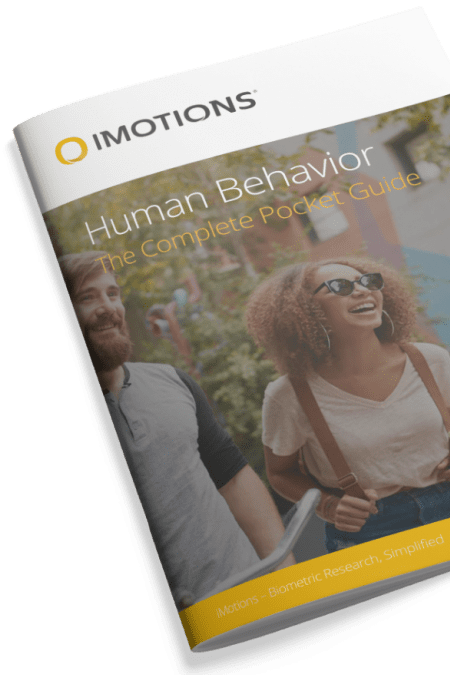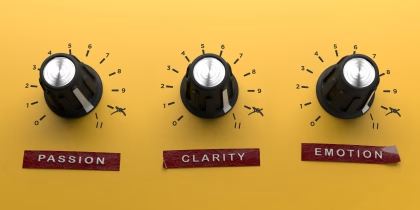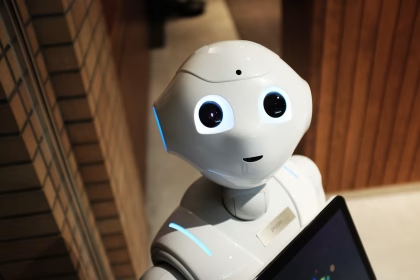Table of Contents
Introduction
In the heart of North Carolina State University’s campus lies a hub of interdisciplinary collaboration and groundbreaking research: the Cognitive Behavioral Lab. Led by Assistant Professor of Horticultural Science, Dr. Melinda Knuth, the lab isn’t just cultivating new discoveries in her discipline, but is a cornerstone for student development and industry partnerships.

Melinda Knuth
Dr. Knuth specializes in innovative management and marketing strategies to investigate consumer attitudes and behaviors for horticulture crops — both edible and ornamental. Dr. Knuth has conducted studies and published … Continue reading
Knuth’s journey to establishing the Cognitive Behavioral Lab was marked by a unique blend of expertise and passion. It began at Texas A&M, where she gained her biometric training using iMotions in the Human Behavior Lab, led by Dr. Charlie Hall and Marco Palma.
Dr. Hall, an economist by training, was one of the first to apply human behavior methodologies to horticultural science. Inspired by Dr. Hall, Knuth pursued her postdoctoral research at the University of Florida, where she continued to apply biometric research to her work in horticulture.
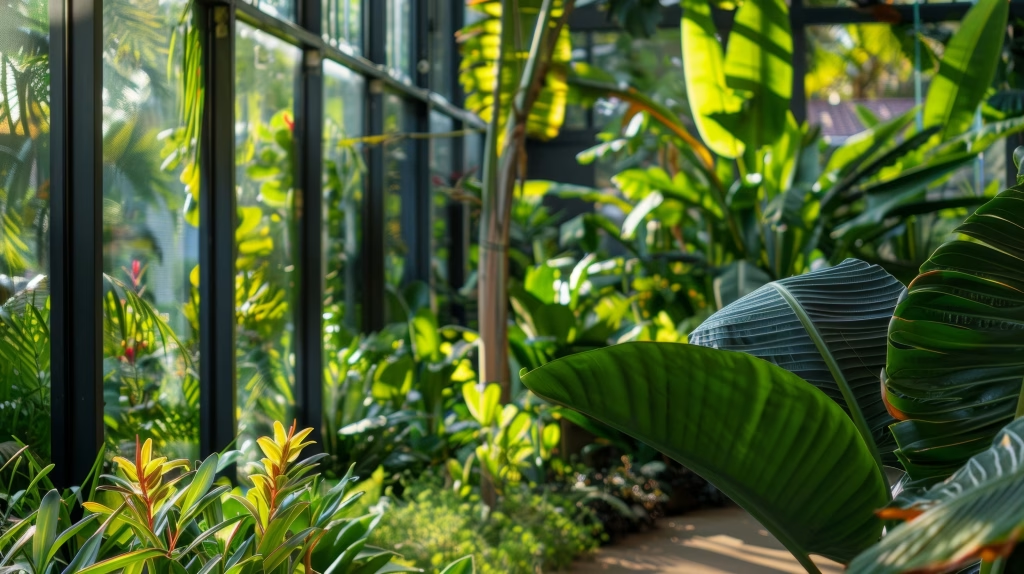
“Not many of us in horticulture are looking at how people and plant interactions are influenced by human behavior, or how plants impact human behavior,” Knuth explained, noting that Dr. Bridget Behe (from Michigan State University) and Dr. Hall, both mentors of Knuth, were some of the first horticulturalists in the country to apply human behavior methodologies. “Most focus on general horticulture, but we are niche players, working closely with growers and retailers on the production side.”
Planting the Seeds of Collaboration
Upon joining NC State’s Horticultural Science department, Knuth saw an opportunity to create something truly innovative—a dedicated space where researchers from diverse backgrounds could come together to better understand human behavior. Thus, the Cognitive Behavioral Lab was born.
With biometric technologies such as eye tracking and a research platform powered by iMotions, Knuth and her students are able to gain deeper insights into people’s psychological and psychological states. For Knuth’s lab, this has meant seeing a lower heart rate when sitting with a plant as compared to a control group, pupil dilation when looking at a diverse landscape, and more visual attention to verbiage on labels that include local or regionally grown.
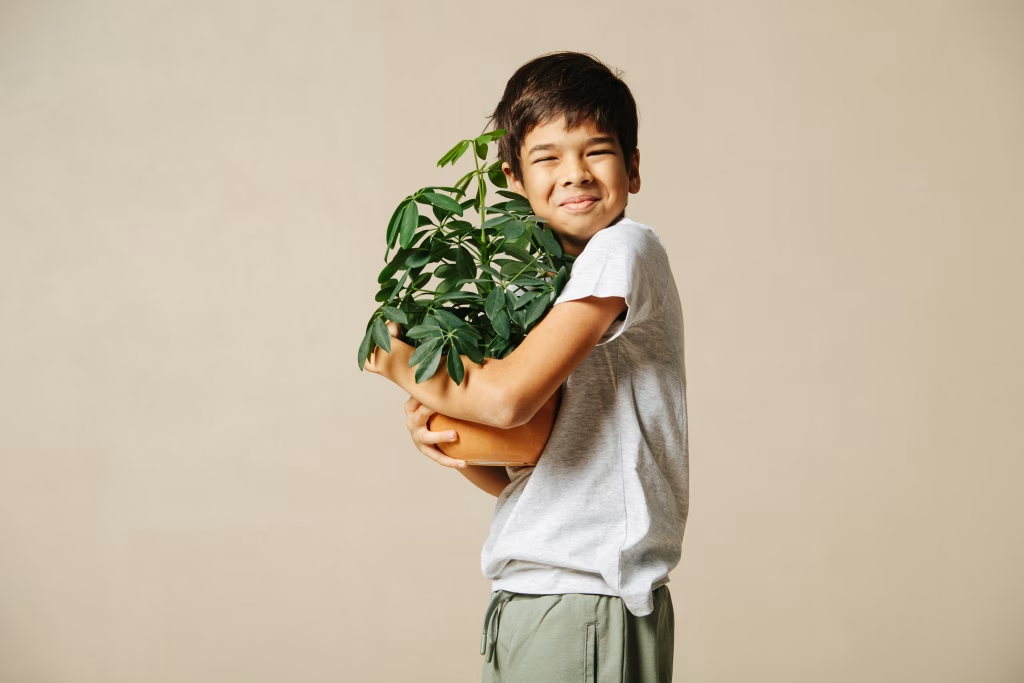
The impact of the lab extends far beyond to Knuth’s classroom, transcending traditional boundaries and offering opportunities for anyone who wants to better understand human behavior.
The lab serves as a launchpad for interdisciplinary learning, fostering well-rounded graduates. “My horticultural students are gaining more exposure to the business side of the industry. They are starting to understand there is a human component to plants.” On the other hand, students outside the horticultural science department are asking to collaborate. In fact, three psychologists utilized the lab to better understand the therapeutic power of plants.
It’s this commitment to collaboration that lies at the very heart of the lab’s success. “Universities are pushing collaboration,” Knuth emphasizes. “Not doing so puts you at a disadvantage. That’s why ‘collaboration’ is a key word at NC State.”
“I can collaborate with economists, marketers, neurologists … pretty much anyone who wants to better understand the minds, emotions and decisions of consumers – especially if it has anything to do with the outdoors or plants.”
Beyond campus, the lab offers opportunities to collaborate with companies, not only giving students real-world experience that can further their workforce preparedness, but also giving the companies valuable insights. Collaborations with companies like Metrolina Greenhouses have led to tangible improvements in supply chain optimization, enhancing efficiency and profitability.
“They use surveys and polls, and we can offer an extra layer of knowledge,” Knuth said. “The lab opens doors for new research, taking things to the next level.”
The Fruits of Collaborative Human Behavior Research
The ripple effects of the Cognitive Behavioral Lab’s success are vast. With the possibility to publish more research in better journals across various fields and to attract more grants, the lab is not only advancing science but also bolstering the reputation of NC State as a hub for innovation and excellence.
As we look to the future, one thing is clear: the Cognitive Behavioral Lab at NC State is not just a place of research, but a vibrant ecosystem nurturing collaboration, student growth, and industry partnerships. It’s a testament to the power of interdisciplinary thinking, where science meets business, and plants connect with people in remarkable ways.
iMotions EduLabs
Where academia meets application
- Engage students with hands-on research experience
- Expand research with cutting-edge technology
- Encourage collaboration and innovation on campus
- Explore new opportunities to connect with your community

Free 52-page Human Behavior Guide
For Beginners and Intermediates
- Get accessible and comprehensive walkthrough
- Valuable human behavior research insight
- Learn how to take your research to the next level
